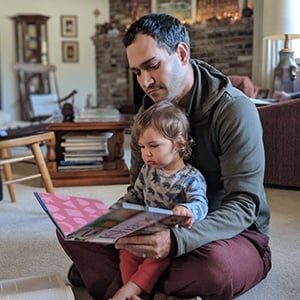Back in February, our own Luis Villa spoke at RedMonk’s Monkigras conference in London. This year’s topic was one very near and dear to our hearts: sustaining craft. From the conference website:
“So much of modern life is about convenience and disposability. But our throwaway culture has a significant, often-unrecognised cost. Just think of all the plastic on the last beach you went to… Many of the open source projects we use every day, for example, are maintained by one person – but who is supporting the maintainers? The maintenance problem is not just about software. Capitalism is terrible at maintenance...When we build infrastructure how can design it to respect the people that will come after us to use and maintain it? Sustaining Craft is about more than technology. It’s about the right choice of materials, the right choice of tools. It’s about learning and teaching new skills. It’s about great documentation. It’s about business models, stubbornness and building communities that last.”
In this talk, Luis approaches this theme by examining the evolving impact of friction in open source from the unique perspective of a long-time open source lawyer and community leader.
- He explains how open source (and free software before it) began as a low-friction way to install and use software.
- But this lack of friction created a side effect of making it much harder for open source software creators to realize value from their work.
- He then discusses the three key current frictions in open source software: writing good software is hard; writing scalable software is particularly hard; and coordinating large groups of people is harder still.
- And shares his ideas for how we can preserve the low-friction model that made open source work well in the first place, but in a scalable way that keeps friction low for users while preserving (and even creating more) control, autonomy, and financial incentives for the creators.


 50 Milk St, 16th Floor, Boston, MA 02109
50 Milk St, 16th Floor, Boston, MA 02109